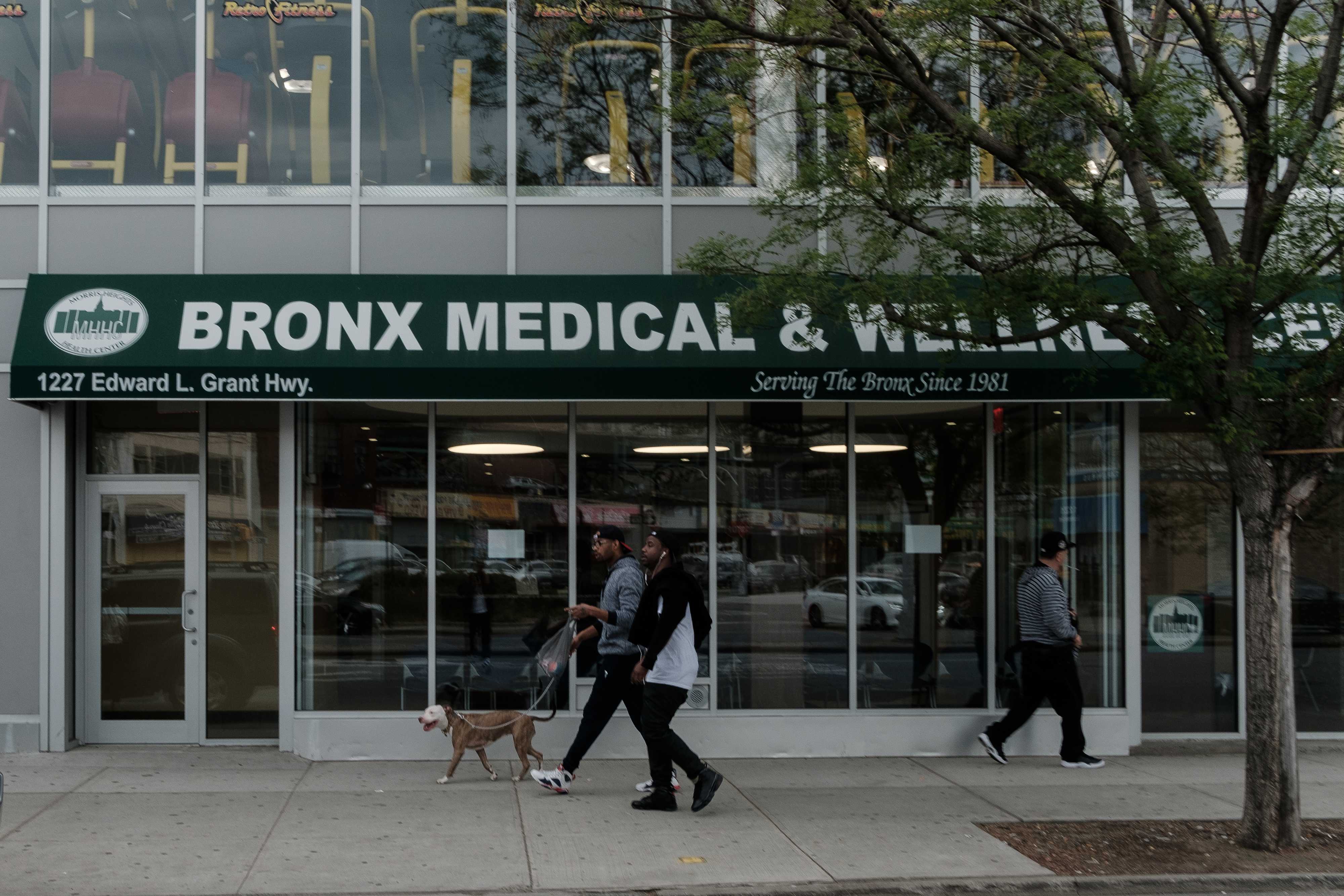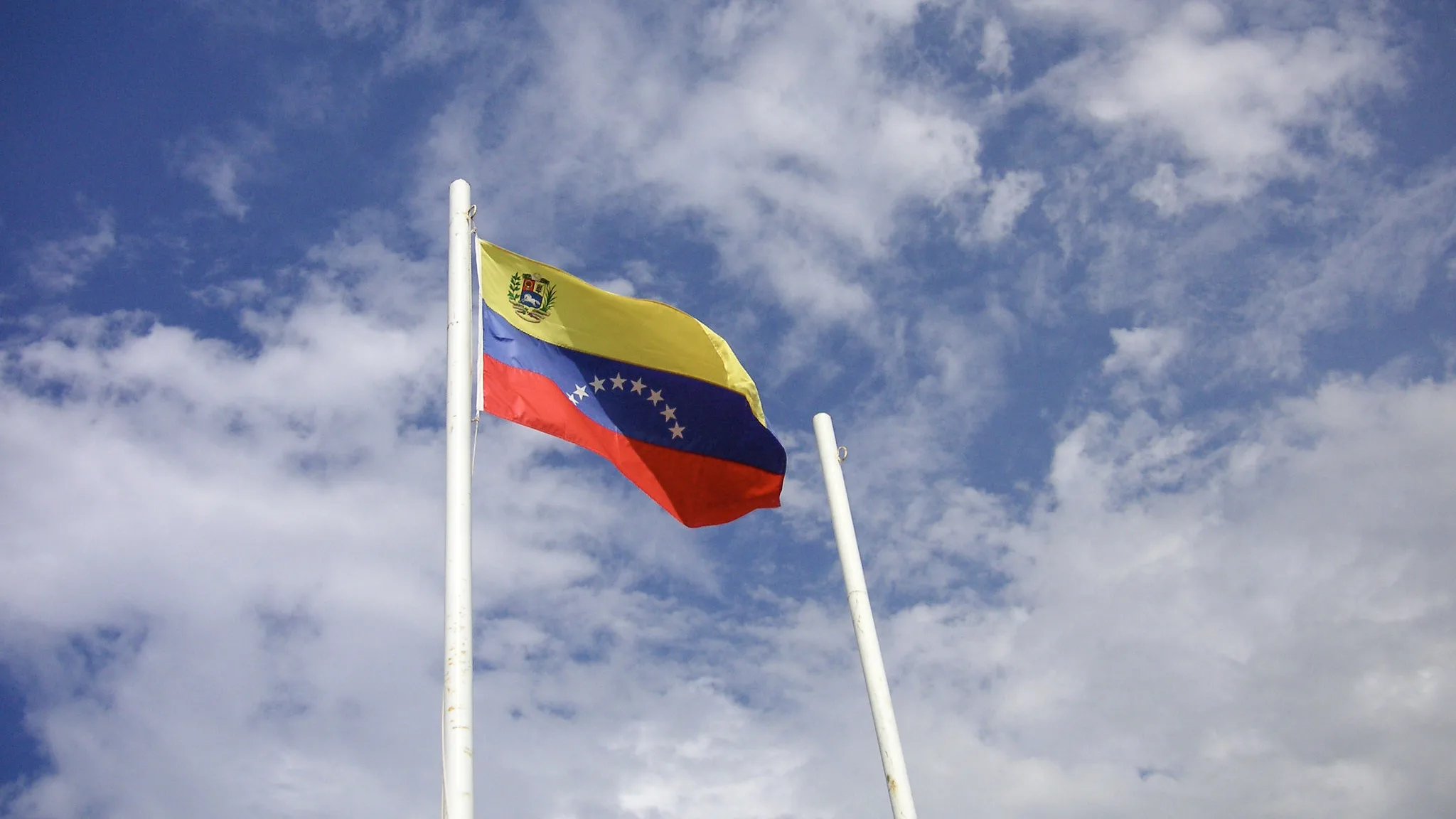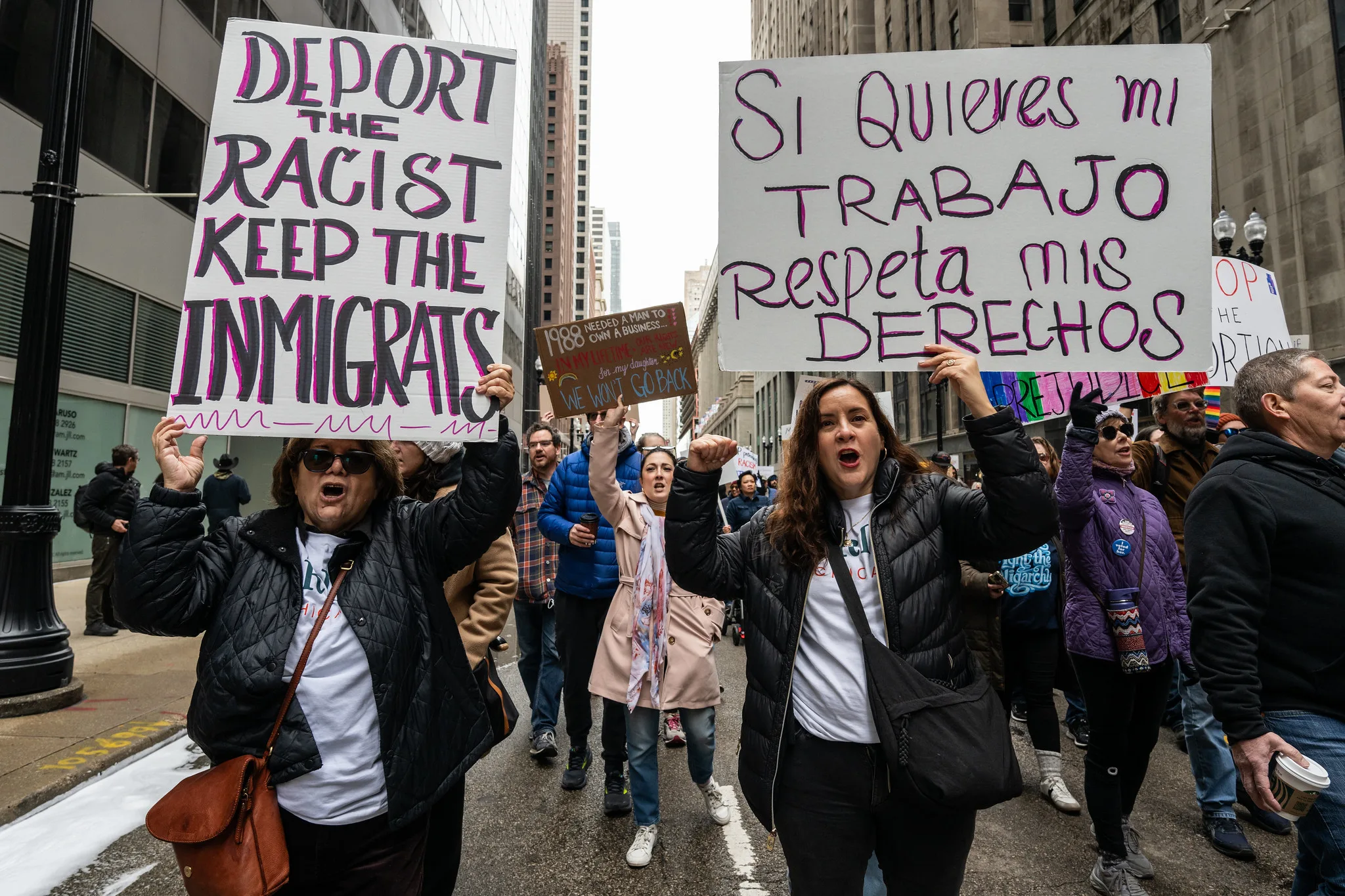The Trump administration said Saturday it may deny green cards to immigrants who legally use public benefits like housing vouchers and food assistance because it thinks such people are taking undue advantage of government benefits.
As it happens, just making that threat appears to cause immigrants to drop public benefits they are legally entitled to. According to data from nonprofit Public Health Solutions (PHS), nearly every time the Trump administration has threatened to deny green cards or other legal status to immigrants because they use public benefits, use of those benefits drops.
“The fear factor is huge, and it is not hard to assert that it is part of the strategy of this administration,” said PHS CEO Lisa David.
Federal law allows the government to refuse granting a visa, green card or citizenship to someone “if they are likely at any time to become a public charge.” Historically that clause has been interpreted to mean people who had directly received or could be expected to need significant cash assistance or long-term institutional care.
The Trump administration’s new rules tighten that definition considerably. The new regulation announced on the Department of Homeland Security website requires immigration caseworkers to “heavily” negatively weigh use of public benefits when scrutinizing applications for legal status to remain in the U.S.
Among the benefit programs included are federal, state, local, or tribal cash assistance for income maintenance, Temporary Assistance for Needy Families (TANF), Supplemental Security Income (SSI), Medicaid, Medicare Part D Low Income Subsidy, the Supplemental Nutrition Assistance Program (SNAP, or food stamps),and Section 8 Housing Choice Voucher Program, according to the department’s website.
Given PHS’s past experience, the new rules may cause a big drop in enrollments in federal and state benefit programs. The Homeland Security website said it estimates that transfer payments to immigrants accessing state and federal programs would drop by $2.27 billion annually as people drop benefits to avoid deportation or risking their status in the U.S.
PHS shared its data with Documented on use of one food assistance program used by immigrants in New York City, the Special Supplemental Nutrition Program for Women, Infants, and Children (WIC). between January 2016 and June of this year. The WIC program is particularly critical; it provides nutrition for expectant mothers and infants that can greatly impact the children’s cognitive and physical development.
The first big enrollment drop in WIC came in September 2016 when then-candidate Donald Trump, addressing a crowd in Phoenix, called for a “new immigration commission” to be set up, in part to “select immigrants based on their likelihood of success in U.S. society, and their ability to be financially self-sufficient.”
Another steep drop coincided with Trump’s election on November 8, 2016; PHS’ WIC program had a net loss of 462 enrollees from the previous month.
The loss slowed but did not stop through December, and then took another dive in January 2017, the month of the inauguration. Late that month came the first leak of specific “public charge” rule drafts, via the Washington Post. Losses kept up over February and March, which saw the publication of a presidential memorandum that directed government agencies to “issue new rules, regulations, or guidance (collectively, rules), as appropriate, to enforce laws relating to such grounds of inadmissibility” to the United States. The numbers took another dive from March to April, with a net loss of 437 enrollees.
Enrollments kept running a loss until eking out a meager 40-person gain from July to August, at which point Trump announced his support for the RAISE Act, a bill introduced in the Senate by Sens. Tom Cotton and David Perdue. The bill would slash legal immigration, and Trump said it would “favor applicants who can speak English, financially support themselves and their families, and demonstrate skills that will contribute to our economy … They’re not gonna come in and just immediately collect welfare.” The enrollment numbers plunged by 474 people from August to September.
The numbers then bump back up to a stable baseline, wavering positive and negative in a way that essentially cancels itself out, until about February of this year, when Reuters and Vox published new details about the public charge draft rule. This didn’t cause the same dive that other news of the rule had caused before, but enrollment numbers didn’t return to positive from February to March. Then, March brought a Washington Post story based on a draft that had much more draconian proposals, and the WIC program experienced consecutive increases in de-enrollments going into April and May before the losses slowed again by June, the last month for which data is available.
WIC enrollments had been declining generally, and enrollments can vary seasonally. However, Lisa Jakobsberg, PHS’s vice president of development and marketing, said that the net loss of 4,557 WIC enrollees between January 2016 and June 2018 was abnormal and happened despite PHS opening new sites. The average change in enrollment in the period observed is a loss of about 157 enrollees.
Claudia Calhoon, director of health policy at the New York Immigration Coalition, told Documented that health providers had been reporting for months that many of their de-enrollments are the result of people from immigrant communities hearing rumors and asking to be dropped from the programs.
Leena Khandwala, supervising attorney at the Immigration Law Unit at the Legal Aid Society, said that the issue is particularly acute for people that are currently looking to switch to another lawful status, particularly people who currently hold Temporary Protected Status (TPS) designations that the government is phasing out — those from Nicaragua, Haiti, Sudan, Nepal and Honduras.
Lisa David, the PHS CEO, said PHS staff had reported that some immigrants had been instructed by their lawyers to de-enroll even before Saturday’s announcement. Much of the drop had come from de-enrollments in heavily immigrant areas of the city, such as Corona, Queens, and that the vast majority of the infants and children that the program is intended to serve are U.S.-born citizens, who would now be harmed, she said.













